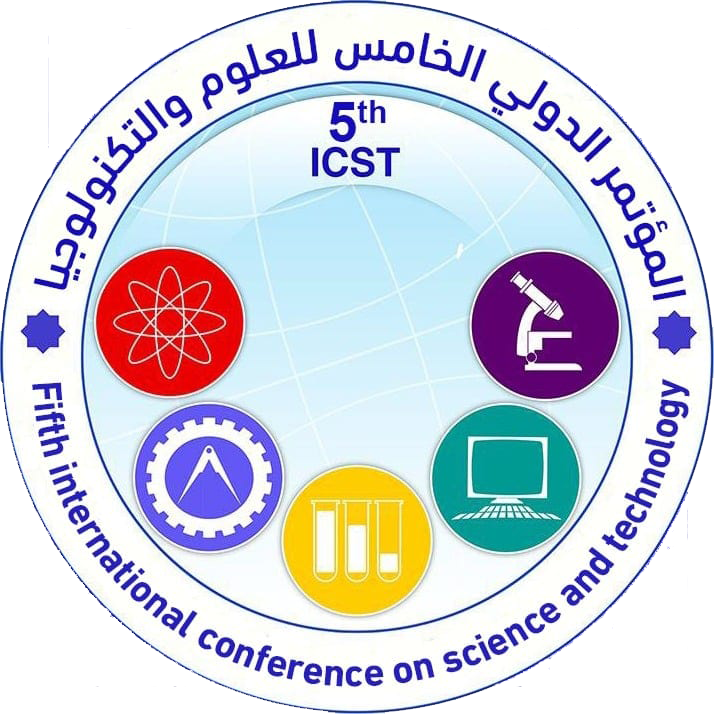Chemical Analysis of Drink Water Samples for some Water Purification and Treatment Stations in El-Beida City - Libya and Compared with Residential and Mineral Water
Abstract
This study was conducted in the city of El-Beida-Libya on different samples from 11 drinking water purification and treatment stations, compared with the source water (residential water) and some of the most popular mineral water samples in the Libyan local markets. During this work, a number of chemical properties of the studied samples were examined, such as pH, Electric Conductivity (EC) (µS/cm),Total Dissolved Solids (TDS) (mg/l), Alkalinity (as HCO3-) (mg/l), Total Hardness (TH) (mg/l), Ca++(mg/l), Mg++ (mg/l), Na+(mg/l), K+ (mg/l), Cl- (mg/l) and NO3- (mg/l). The results obtained in the current study indicate that there are variation among stations. Whereas the pH values were ranged between (5.99 - 7.48), EC values were ranged (10.03 – 590 µS/cm), TDS values were ranged (5 - 283.33), Alkalinity (as HCO3-) values were ranged (44.73- 390.40 mg/l), Total hardness values were ranged (8.01-248.20 mg/l), Ca++ values were ranged (3.2-99.42 mg/l), Mg++ (1.92-59.52 mg/l), Na+ (1.92-23.24 mg/l), K+ (0.03-1.95 mg/l), Cl- (9.46-56.74 mg/l) and NO3- (6.33-12.17 mg/l). Most of the parameters analyzed in this study were within the guidelines given by the World Health Organization (WHO) and the Libyan National Centre for Standardization and Metrology ( LNCSM) for drinking water while few others were not. Overall, the water from all the locations was found to be safe as drinking water except for the sample number S8 (Al Nabaa for drinking water purification and treatment), which is considered poor quality in terms of chemical properties specifications.
Full text article
Authors
Copyright (c) 2022 Journal of Pure & Applied Sciences

This work is licensed under a Creative Commons Attribution 4.0 International License.
In a brief statement, the rights relate to the publication and distribution of research published in the journal of the University of Sebha where authors who have published their articles in the journal of the university of Sebha should how they can use or distribute their articles. They reserve all their rights to the published works, such as (but not limited to) the following rights:
- Copyright and other property rights related to the article, such as patent rights.
- Research published in the journal of the University of Sebha and used in its future works, including lectures and books, the right to reproduce articles for their own purposes, and the right to self-archive their articles.
- The right to enter a separate article, or for a non-exclusive distribution of their article with an acknowledgment of its initial publication in the journal of Sebha University.
Privacy Statement The names and e-mail addresses entered on the Sabha University Journal site will be used for the aforementioned purposes only and for which they were used.

